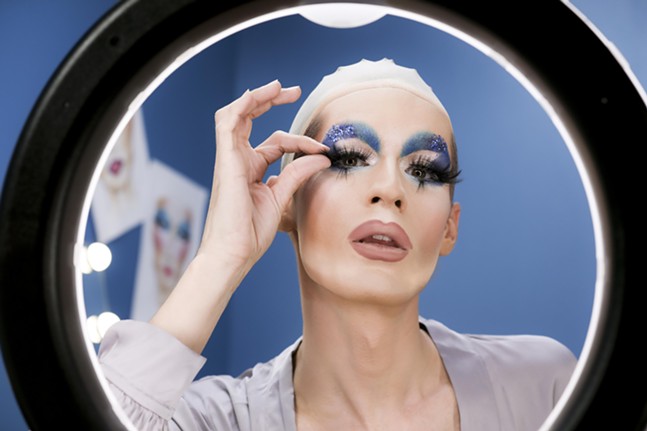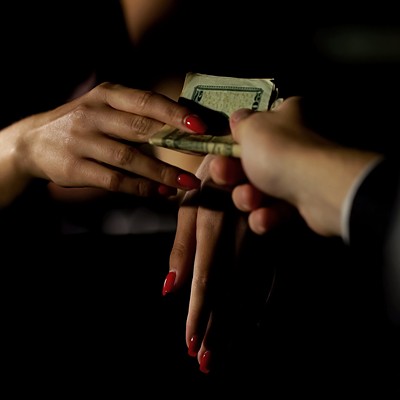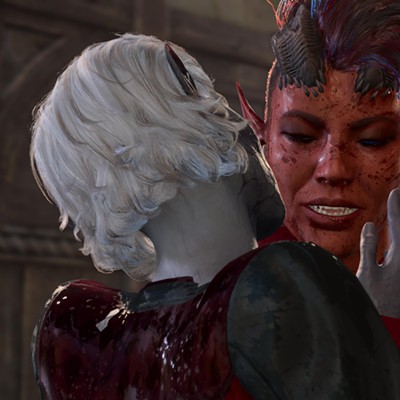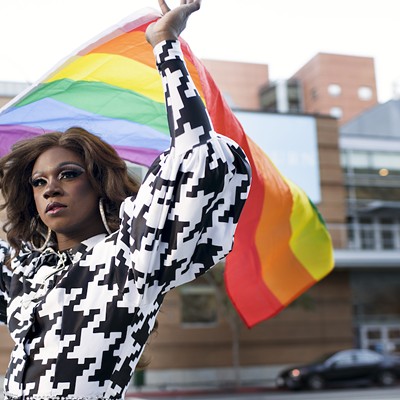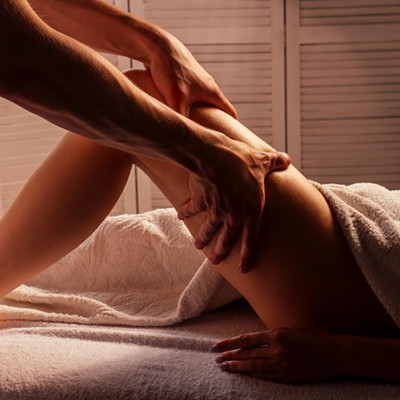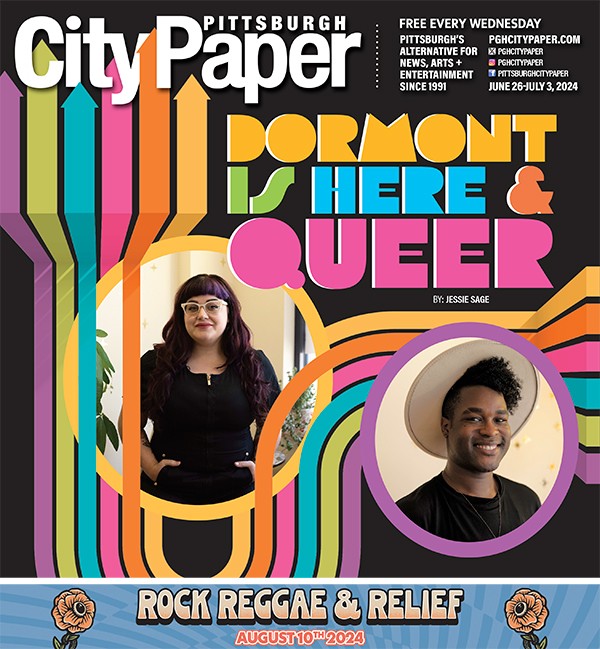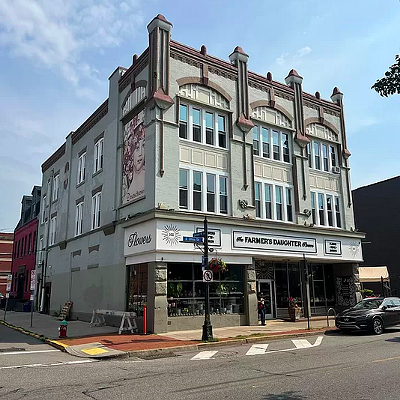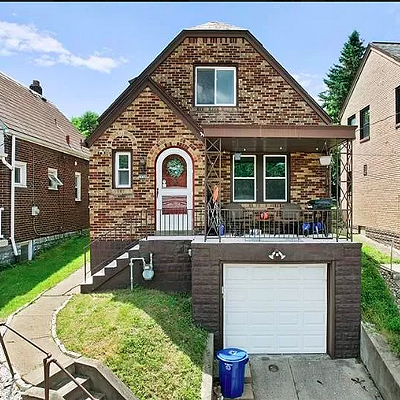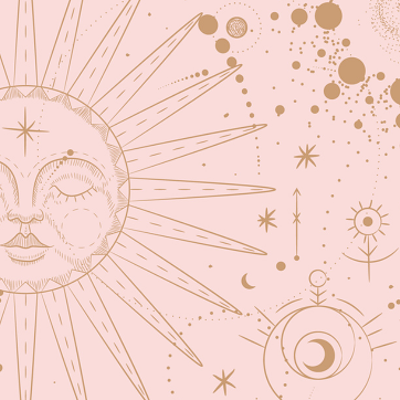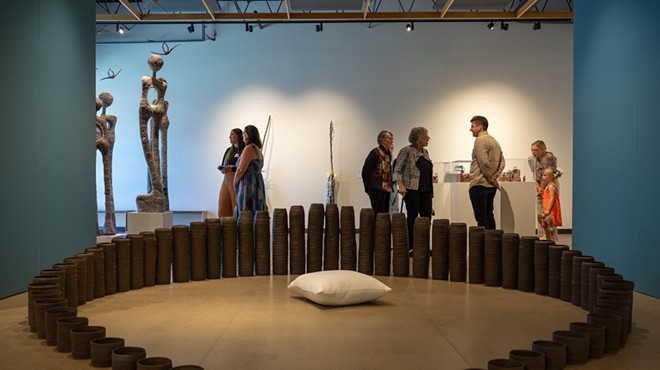This week, as I was writing the cover story on the queering of Dormont, and interviewing the folks at Inclusive Aesthetics who are working to make cosmetic procedures and treatments more accessible to gender-non-conforming Pittsburghers, I was struck by the complexity of this topic.
While working on the piece, I came across a stripper’s tweet that read: “men in the strip club will look me dead in the eyes and say i look ‘natural’ when i [have] a full face of makeup, fake hair, fake lashes, 2 nose jobs, botox, filler, and a boob job. and they base it on the fact that i don’t have fake nails.”
Additionally, I saw an Instagram reel where a woman talked about the fact that she doesn’t understand why men valorize her “natural” beauty when, in her words, she “has enough makeup on to season a fucking wok.” After outlining the costs of her extensive procedures and enhancements, she comments that when men say things like, “‘They don’t make them like you anymore,” she’s tempted to answer, “Yes they do, they make them down at Maddie’s Medi Spa with a needle and a fucking scalpel.”
I remember hearing a friend recount walking down the street with her live-in boyfriend who commented to her when passing a lash extension store that he was glad she didn’t feel compelled to do things like this, and how dumbfounded she was because she was wearing lash extensions that day, just like she did every other day.
And, last night, when some colleagues who I only know casually came over to my house, one mentioned that we are all in our 30s. When I laughed and said I’m 46 and have a 22-year-old kid, she said, “What?! Do you have a lot of Botox?”
As flattering as her surprise was, the answer to that question is yes. I do get Botox religiously, as I have been doing every 4-6 months since my early 40s. Additionally, I’ve done laser resurfacing on my face, an entire series of laser hair removal treatments, cool sculpting on my jawline, permanent makeup, ultherapy for skin tightening, Morpheus8 when I thought the results of ultherapy weren’t compelling enough, etc. I also have fake nails which I’ve been doing since I was 17, a boob job, tattoos, and I’m sure a host of other procedures I can’t even remember and certainly don’t want to calculate the costs of.
I wanted to tell the story of the amazing work that Inclusive Aesthetics is doing to create a space where the sorts of procedures that a medical spa offers are accessible to queer and trans folks, and not just upper-middle-class cis women.
I wanted to tell this story for several reasons: I’m a queer woman who identifies as a high femme (or in other words, as someone who feels most comfortable with an aesthetic of exaggerated or hyper-feminity); I am married to a non-binary person; and, I am a patient there. This all feels very personal to me. And not just personal — important! Our aesthetic choices shape how people interact with us as we move through the world and this is particularly true for queer folks who cannot default to a ready-made dominant aesthetic.
I also wanted to tell this story because I so often hit up against the sort of comments that both the stripper and the women on Instagram do. As a sex worker, I’ve had clients comment on how much they love my “big naturals” about the boobs I spent $11k on, or tell me that they love seeing me in the morning without my makeup, even though I’ve had several iterations of permanent makeup, and when my Botox acts as an internal Facetune (I know this because once I started getting Botox, I stopped smoothing my pics).
I am not mad at my clients or the men who don’t know how to read cosmetic procedures (and it isn’t just men who can’t!). The labor that goes into artistry, when done well, is often invisible. What I do want to question, though, is this pervasive cultural insistence that “natural” beauty is somehow superior to a cultivated aesthetic. The impulse to detail all of the work and money that goes into our appearance, it seems to me, is a way of resisting this insistence on a sort of cosmetic naturalism. Preferring a natural look is one thing — an entirely legitimate one — but insisting on its aesthetic or moral superiority is entirely another.
Makeup and cosmetic enhancements are a choice. Folks of any gender should be able to resist the pressure to use them, but conversely, they should not be shamed when they embrace them. Aesthetic procedures, after all, are often a way of achieving congruence between one’s internal identity and external appearance.
Though I am a cis woman, I remember having this exact thought when I decided to get implants. As a high femme who relishes in form-fitting dresses and low necklines, my own body made more sense to me when I could fill those dresses with distracting cleavage. I have heard queer folks say that one does not have to be trans for plastic surgery to be gender-affirming and this seems right to me. My own plastic surgery was gender-affirming for me, and I did not have to be dysphoric first in order for that to be true.
This valorization of cosmetic naturalism discounts the value of aesthetics (through makeup, fashion, and surgery) as a form of intentional and legitimate self-expression. While it is often talked about in our culture as a form of deceit, it should be reimagined as a form of authentic expression. Celebrating someone’s appearance while criticizing them for the effort and expense that goes into that appearance is femme-phobic and misogynistic when it is aimed at women, and it so often is. It is transphobic in that it elevates biology over gender identity expression.
You can find Jessie on Twitter @sapiotextual & Instagram @curvaceous_sage. You can follow her new podcast on Twitter & Instagram @NotHustlingPod. You can also visit her website jessiesage.com.

